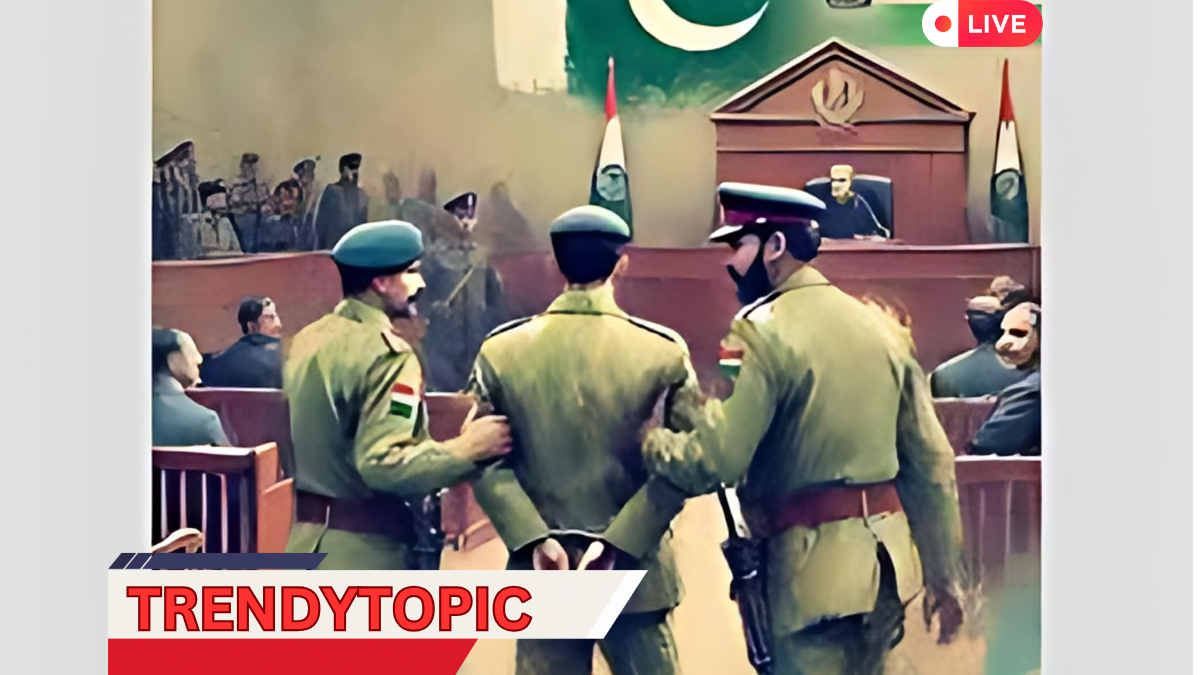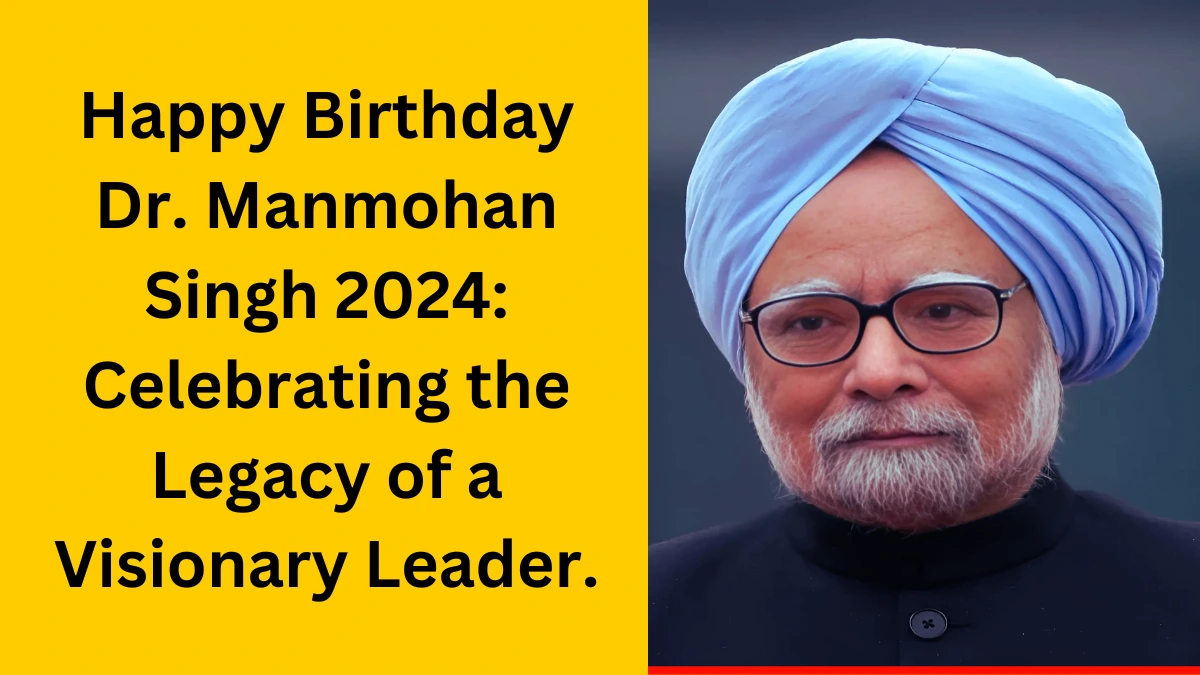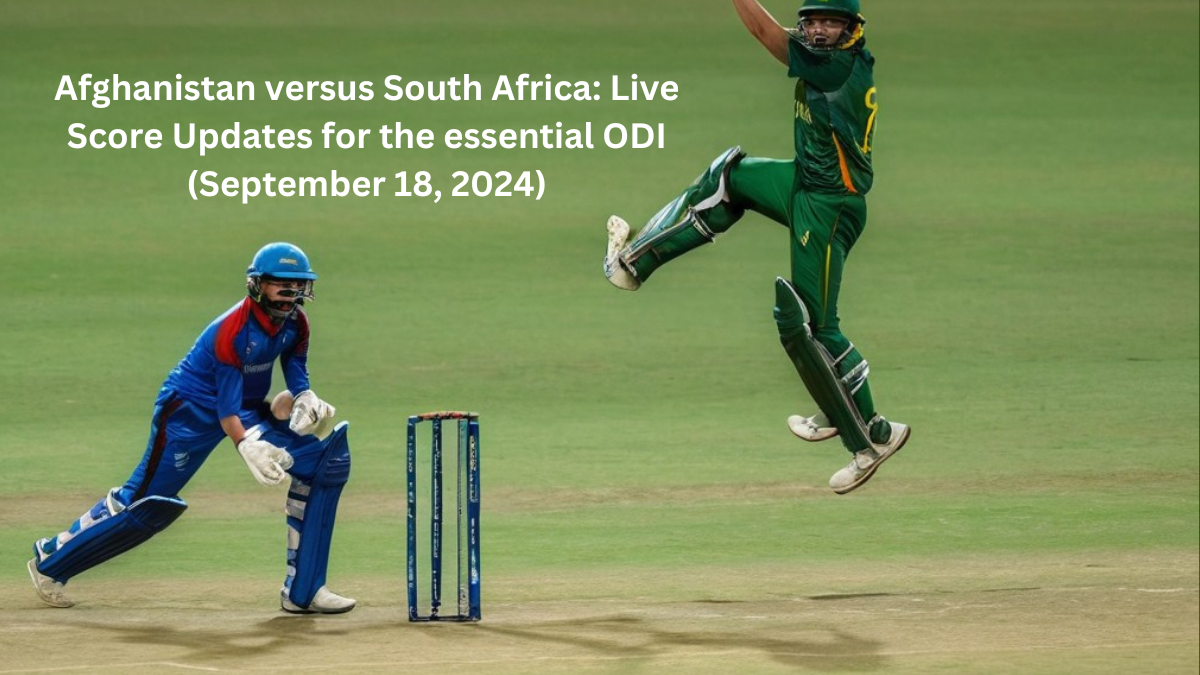The Rise of General Faiz Hameed
Pakistan isi chief Faiz Hameed General Faiz Hameed’s rise through the ranks of the military was swift and seemingly unstoppable. His career began in the late 1980s when he joined the Pakistan Army, and he quickly distinguished himself as a capable and strategic officer. His prowess earned him respect and admiration within the military circles, paving the way for his ascent to higher positions.
Throughout his tenure, General Hameed held various significant posts, including being the Director-General of the Inter-Services Intelligence (ISI), Pakistan’s premier intelligence agency. In this role, he was known for his keen analytical skills and the ability to navigate complex geopolitical landscapes. His leadership was characterized by a blend of shrewd tactics and a deep understanding of both regional and international affairs.
Turning Point: The Prelude to the Court Martial
The events leading up to General Hameed’s court-martial were shrouded in mystery and speculation. It is essential to delve into the factors that contributed to this unprecedented turn of events. Several issues seem to have played a pivotal role in the unfolding drama.
Political Entanglements and Allegations of Misconduct
One of the critical factors that led to General Hameed’s court-martial was his alleged involvement in political maneuverings. Reports suggest that during his tenure as the Director-General of ISI, General Hameed may have overstepped his boundaries by engaging in activities that were deemed beyond the purview of his official duties. These activities allegedly included interference in domestic politics and influencing key decisions, which drew criticism from various quarters.
Strained Relationships within the Military Hierarchy
General Hameed’s assertive leadership style and his perceived encroachment into areas traditionally handled by other senior military officials reportedly caused friction within the military hierarchy. His actions were seen as a breach of protocol, leading to strained relationships with his colleagues. This tension within the ranks is believed to have been a significant factor in his eventual downfall.
External Pressures and International Concerns
In addition to internal factors, external pressures and international concerns may have also played a role in the events leading to General Hameed’s court-martial. Pakistan’s strategic position in the region and its relations with key global players meant that any actions taken by its top military officials were closely watched and scrutinized. General Hameed’s alleged involvement in matters with potential international implications may have attracted attention and pressure from foreign governments, further complicating his position.
The Court Martial Proceedings
The court martial of General Faiz Hameed was a highly anticipated event, attracting attention from both national and international media. The proceedings were conducted with the utmost confidentiality, with details of the charges and the evidence against him being closely guarded. However, certain aspects of the proceedings did make their way into the public domain, shedding light on the gravity of the situation.
Charges and Evidence Presented
The charges against General Hameed were comprehensive and detailed, encompassing allegations of misconduct, insubordination, and misuse of authority. The prosecution presented a wide array of evidence, including testimonies from key witnesses, documents, and electronic communications. The evidence painted a picture of a senior military officer who had allegedly crossed the boundaries of his official responsibilities, leading to a breach of trust within the military establishment.
Defense and Arguments
General Hameed’s defense team, composed of seasoned legal experts and military lawyers, argued vehemently against the charges. They presented their counterarguments, challenging the credibility of the evidence and questioning the motives behind the prosecution. The defense team highlighted General Hameed’s exemplary service record and his contributions to the nation, seeking to portray him as a victim of internal politics and power struggles.
Verdict and Sentencing
After a meticulous review of the evidence and arguments presented by both sides, the court-martial panel reached a verdict. The details of the verdict and the subsequent sentencing were kept confidential, in line with the sensitive nature of the case. However, sources indicate that the outcome was a significant moment in the history of Pakistan’s military, reflecting the complex interplay of power, politics, and protocol within the armed forces.
Implications and Lessons Learned pakistan isi chief faiz hameed
The court-martial of General Faiz Hameed has far-reaching implications, not just for the individual involved but for the military and the nation as a whole. It underscores the importance of adhering to established protocols and the need for clear boundaries between military and political spheres.
Reinforcing Military Discipline and Protocol pakistan isi chief faiz hameed
One of the key lessons learned from this episode is the critical need for reinforcing military discipline and protocol. The military, as a vital institution of the state, must operate within the confines of its defined roles and responsibilities. Any deviation from these norms can lead to significant consequences, as evidenced by the court-martial of a high-ranking officer.
Balancing Military and Political Dynamics pakistan isi chief faiz hameed
The case also highlights the delicate balance between military and political dynamics in a country like Pakistan, where the military has historically played a significant role in governance. It serves as a reminder of the need for a clear demarcation between military and civilian domains, ensuring that the military’s involvement in politics is limited and focused on safeguarding national security.
Conclusion
The court-martial of General Faiz Hameed is a landmark event that has left an indelible mark on Pakistan’s military and political landscape. It serves as a cautionary tale of the potential pitfalls of overstepping established boundaries and the importance of maintaining a disciplined and protocol-driven military establishment.
For those looking to delve deeper into the intricacies of military protocol and the impact of this case, it provides valuable insights into the complex dynamics at play within Pakistan’s armed forces
pakistan isi chief faiz hameed



